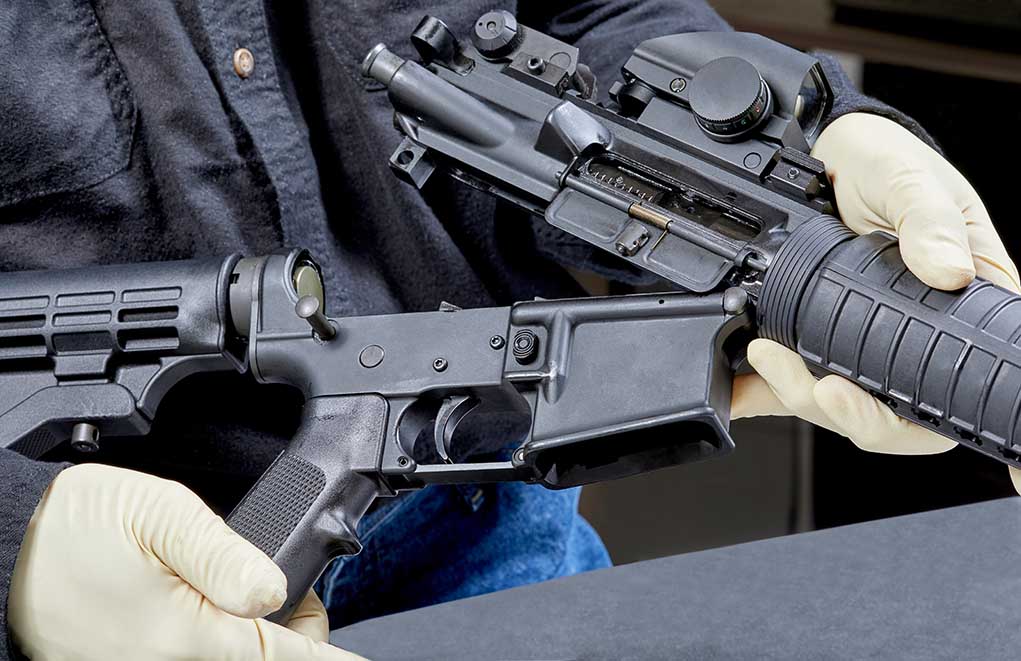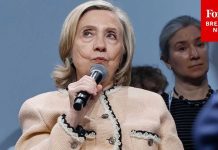
Trump’s Department of Justice settlement overturns the Biden administration’s ban on Forced Reset Triggers, marking a decisive victory for Second Amendment rights and rebuke of federal overreach in gun regulation.
Key Takeaways
- The Trump administration’s settlement with Rare Breed Triggers nullifies the ATF’s classification of Forced Reset Triggers as “machine guns,” allowing sales to resume and seized items to be returned
- This legal victory follows the Supreme Court’s 2024 Cargill v. Garland decision, establishing judicial precedent against federal agencies expanding definitions beyond congressional intent
- The settlement requires that Rare Breed promote responsible FRT use and refrain from designing FRTs for pistols, while still protecting the core right to own these devices
- Judge Reed O’Connor’s ruling confirmed the ATF overstepped its authority by attempting to expand the legal definition of “machine gun” beyond fully automatic firearms
- This case represents a significant pushback against administrative gun control measures and reinforces President Trump’s commitment to Second Amendment protections
Landmark Settlement Ends Biden-Era Forced Reset Trigger Ban
The Department of Justice under President Trump has reached a groundbreaking settlement with Rare Breed Triggers, effectively ending the Biden administration’s controversial ban on Forced Reset Triggers (FRTs). This settlement resolves multiple lawsuits that challenged the Bureau of Alcohol, Tobacco, Firearms and Explosives’ classification of FRTs as “machine guns.” The resolution mandates the return of all seized FRTs to their rightful owners and permits the lawful manufacture and sale of these devices to resume, representing a significant victory for Second Amendment advocates who viewed the original ban as governmental overreach.
The legal battle centered on whether FRTs cause firearms to fire more than one round per trigger pull—the technical definition of a machine gun under federal law. FRTs work by using a firearm’s bolt carrier motion to reset the trigger rapidly, allowing faster firing while still requiring a separate trigger pull for each shot. The ATF under Biden had argued these devices violated machine gun restrictions, while manufacturers and gun rights advocates maintained that because each shot requires a distinct trigger pull, FRTs remain firmly in the semi-automatic category, making the ban an illegal expansion of regulatory power.
Supreme Court Precedent Strengthens Gun Rights Position
The settlement follows the Supreme Court’s influential 2024 decision in Cargill v. Garland, which rejected the classification of bump stocks as machine guns. This ruling set a critical precedent limiting federal agencies from expanding statutory definitions beyond congressional intent. Judge Reed O’Connor further reinforced this principle in his decision preceding the settlement. “The ATF tried to bootstrap its own overreaching interpretation onto the NFA,” O’Connor wrote, noting Congress limited machine gun definitions to fully automatic systems,” stated Judge Reed O’Connor in his ruling that dealt a significant blow to the ATF’s regulatory efforts.
“This agreement aligns with President Trump’s executive order rejecting Second Amendment erosion,” stated Attorney General Pamela Bondi in a Justice Department release. “The 2nd Amendment is not a second-class right,” said Attorney General Pamela Bondi.
The settlement demonstrates the Trump administration’s commitment to protecting Second Amendment rights from regulatory encroachment. It stands in stark contrast to the Biden administration’s aggressive enforcement actions, which many Second Amendment advocates viewed as intentionally targeting law-abiding citizens. The resolution aligns with President Trump’s Second Amendment Enforcement Task Force initiative, designed to roll back overreaching gun control measures implemented through administrative action rather than through proper legislative channels.
Balancing Freedom with Responsibility
While the settlement represents a clear win for gun rights advocates, it also includes provisions for responsible use. Under its terms, Rare Breed Triggers agreed to promote responsible use of FRTs and refrain from designing these triggers for pistols. This balanced approach protects Second Amendment rights while acknowledging legitimate public safety considerations. Gun control advocates remain concerned that the settlement may lead to easier access to devices that increase a firearm’s rate of fire, but supporters counter that the legal resolution properly returns regulatory authority to Congress.
“They were determined to criminalize law-abiding citizens for products that don’t violate the law,” he said. “This wasn’t about public safety — it was control,” said Lawrence DeMonico.
The settlement does not permanently codify protections for FRTs, leaving the possibility that future administrations could revisit the issue. This reality underscores the need for continued vigilance among Second Amendment advocates. However, the judicial precedent established through this case and the Supreme Court’s Cargill decision creates significant legal hurdles for any future attempts to ban these devices through administrative action alone rather than through proper legislation.
Implications for Federal Gun Regulation
This case exemplifies a growing legal and political consensus challenging federal agencies’ efforts to expand gun control through administrative fiat rather than legislative process. The court found that forced-reset triggers do not meet the legal definition of a machine gun, striking a major blow to the ATF’s efforts to restrict the devices,” stated U.S. District Court for the Northern District of Texas.
The settlement voids pending appeals and establishes a clear boundary for federal regulatory authority in firearm classification. While FRTs remain legal under federal law, state regulations may vary, creating a complex legal landscape for owners and manufacturers. The case highlights the broader partisan divide over gun policy, with conservative advocates celebrating the defense of constitutional rights and progressive groups expressing concern about potential public safety implications. This resolution reflects President Trump’s commitment to halting what many conservatives view as regulatory overreach that undermines constitutionally protected rights.




